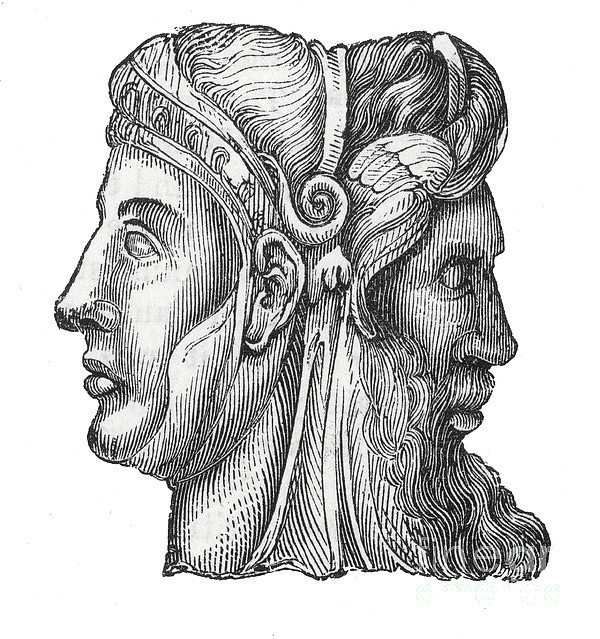October, November and December are the 10th, 11th and 12th months of the year, even though etymologically, they share Latin roots with the numbers eight (as in “octagon”), nine (as in “neuf”, French for 9), and ten (as in “decade/decile”).
Ever wondered why?
The original Roman calendar had 10 months until the second king of Rome, Numa Pompilius (715-673 BCE), aligned it with the 12 lunar cycles of the earth’s orbit around the sun. January was one of two months added to the calendar.
Named after the two-faced god Janus, January simultaneously signals entering into a new season, while leaving behind the old. Janus, with the one face looking ahead to the future and the other looking towards the past, captured the sentiment well.
Over the coming month, with an eye to the future and our past, I’m going to explore three concepts which seem to be losing currency. Truth, beauty and goodness, sometimes referred to as the “transcendentals”, are fundamental precepts of Western thought. Aquinas believed that these concepts were “transcendent” in that they could describe, but also transcend, any being, and indeed exceeded the limits of human understanding and experience.
Here are some ideas I am interested in exploring:

These are, of course, subjects too weighty for my limited intellectual talents. Yet, I sense it’s important for ordinary folk such as you and I to grapple with them, particularly since they are increasingly concealed from sight in the modern world view. They are conspicuously absent from our politics, our media and our societal conversation — but the more I study them, the more I come to believe life cannot come to much without them.
I cannot explain when, how, or why, we, as a society, lost fight for these ideas. One possibility is that many of us anxiously look towards what we see as a bleak future. In the dark small space of our present shadow, such ideas seem outdated or naïve, irrelevant or unworthy of consideration, much less defense.
In our urgent desperation, we have concluded we must master these realities, instead of allowing them to master us. But perhaps it is foolish to cast them off for our own wisdom. Fearfully facing a tomorrow without hope, it might be unwise to abandon the profound.
More next week.
J


